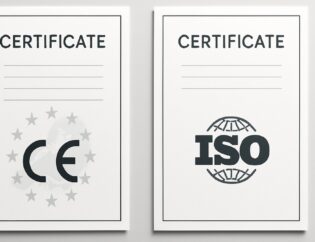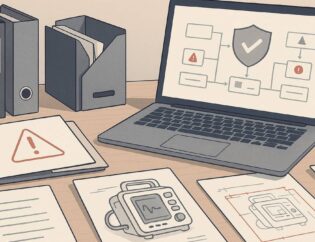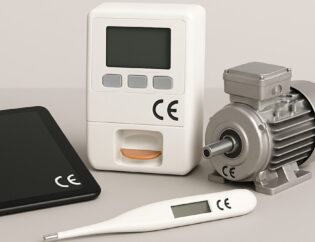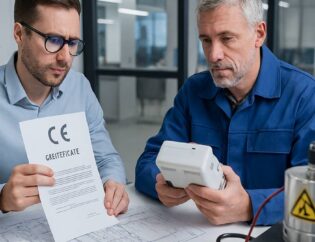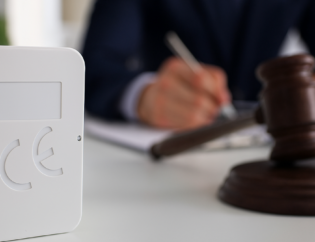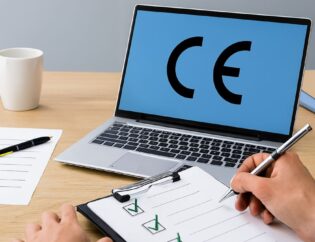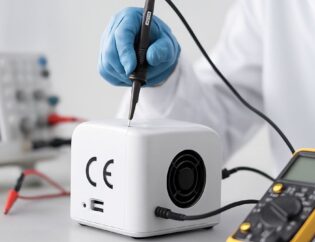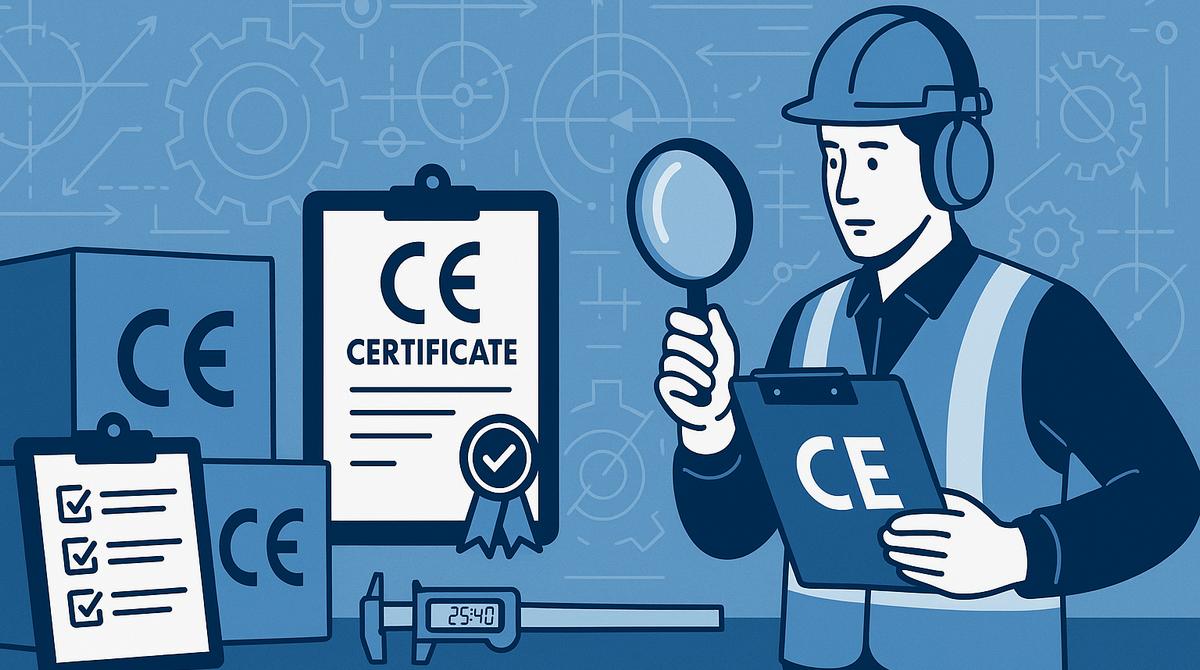
CE Marked Products Are Also Monitored in the Market
The Surveillance Process: How Product Safety is Kept Under Control Through Labeling, Technical Files, and Testing
A product with the CE mark has received market access in the European Union. However, this does not mean an indefinite safety guarantee. The CE certification compliance must be maintained not only before the product enters the market but also throughout its time in the market. At this stage, the surveillance process plays a critical role in ensuring the continued validity of the CE marking.
What is Surveillance?
Surveillance is the process in which the relevant EU regulations are checked by official authorities or notified bodies to ensure that CE-marked products continue to meet the necessary compliance standards even after they have been launched. The goal is to ensure the ongoing safety of the product.
What is Checked While the Product Is on the Market?
2.1 Labeling and CE Certificate
- The CE mark must be correctly placed on the product.
- Manufacturer and importer information must be complete.
- Serial numbers, warning symbols, and technical information must be visible.
2.2 Currency of Technical Files
- The technical file must be in compliance with current regulations.
- The user manual, risk analyses, and test reports must be complete.
- Changes in product versions must be documented.
2.3 Sample Testing
Authorised bodies may collect products from the market and conduct tests, including:
- EMC (Electromagnetic Compatibility)
- Electrical safety (LVD)
- Mechanical durability tests
Common Non-Compliances in the Surveillance Process
- Incorrect application of the CE certificate.
- Incomplete or missing declaration of conformity.
- Outdated technical files.
- Tests not updated according to new standards.
Such non-compliance can lead to products being withdrawn from the market or administrative penalties being imposed.
What Should Be Done in the Case of Changes to CE-Certified Products?
The CE mark indicates that the product complies with EU legislation. However, if there are changes in the product's design, software, manufacturing location, or functionality, the compliance process may need to be re-evaluated.
Why Are Changes Critical?
CE certification compliance is based on specific technical files and test results. Changes made to the product can affect:
- The directives applied.
- The validity of tests.
- The currency of risk analyses.
- Labeling and marking.
What Types of Changes Are Considered Critical?
| Type of Change | Examples |
| Design | Material change, circuit revision |
| Software | Firmware update, functional additions |
| Manufacturing Location | Transition to a facility in another country |
| Functionality | Addition of new features, increased automation |
| Standard | Updates in the relevant EN standard |
Steps to Take After a Change
- Impact assessment: Analyze the impact of the change on product safety and performance.
- Technical file update: Revise the manual, risk analyses, test reports, and technical drawings.
- New tests: Conduct relevant tests again, if necessary.
- Declaration of conformity revision: Prepare a new EU Declaration of Conformity with updated information and attach the revised CE mark to the product.
For more information, please contact Sertifike.


